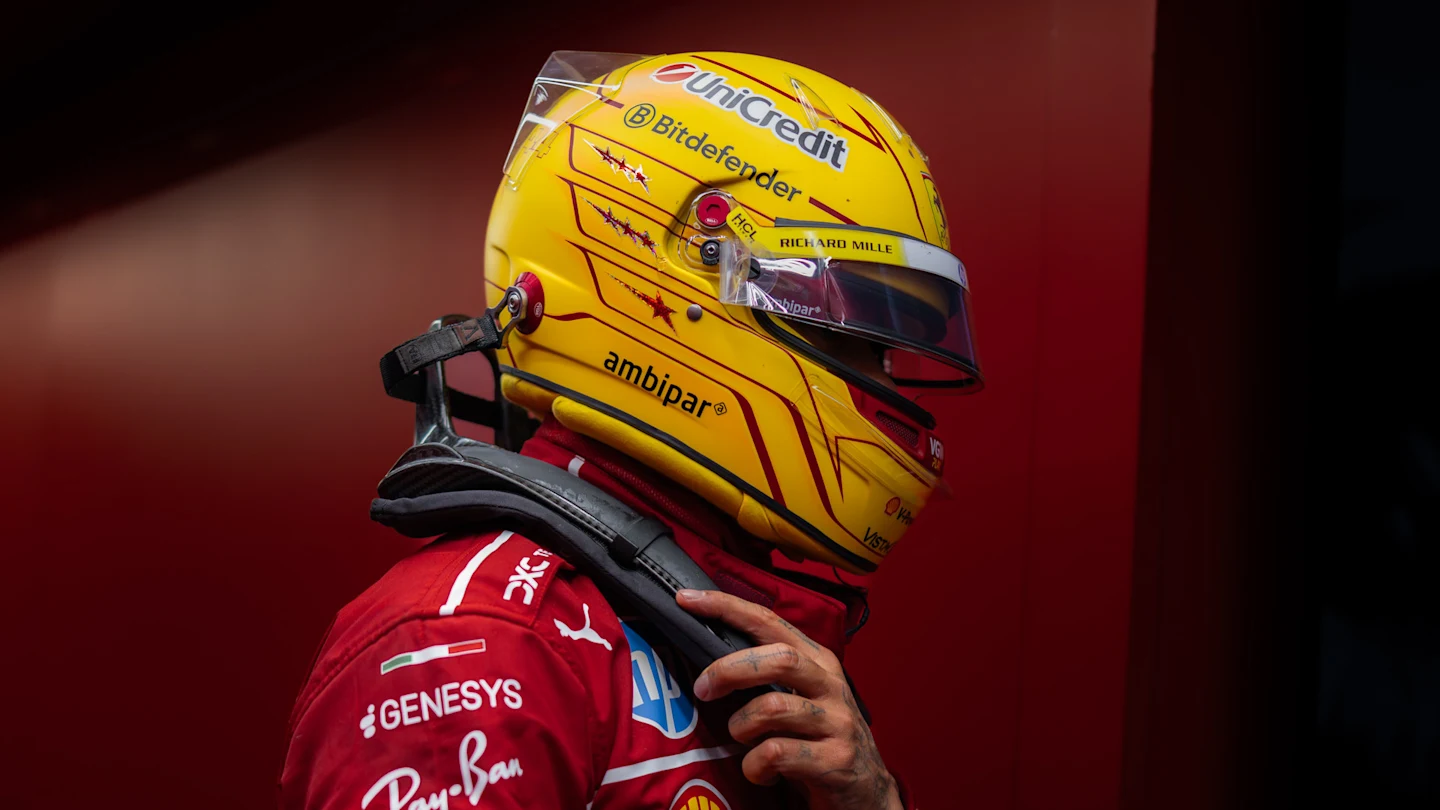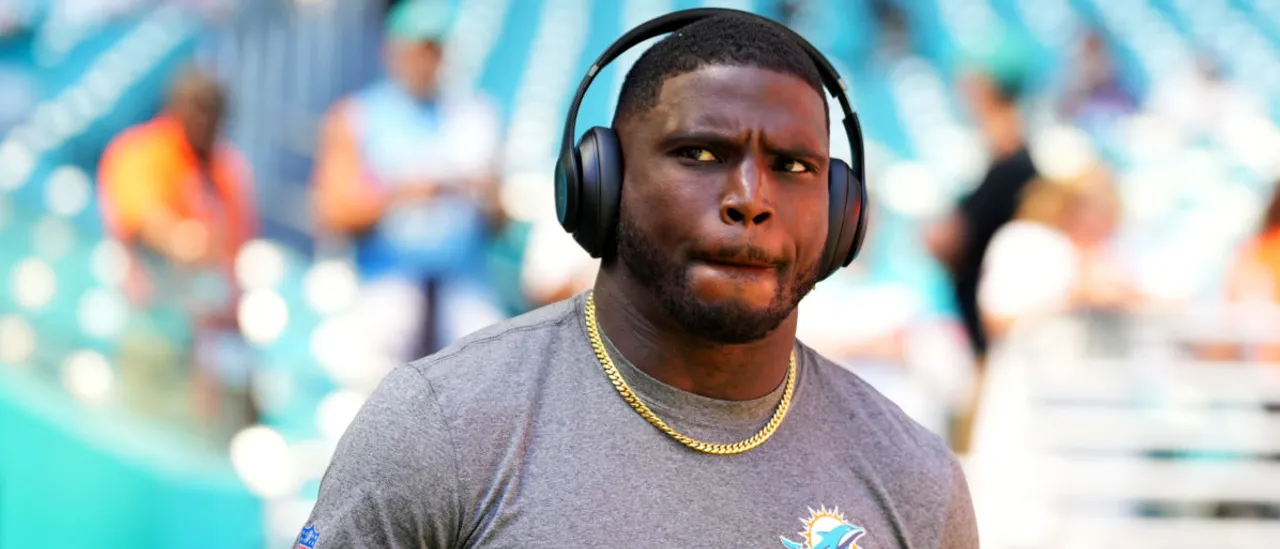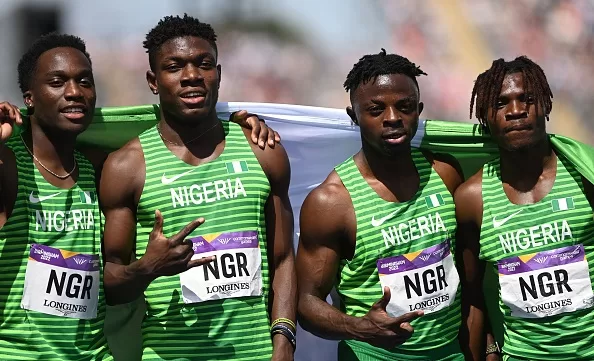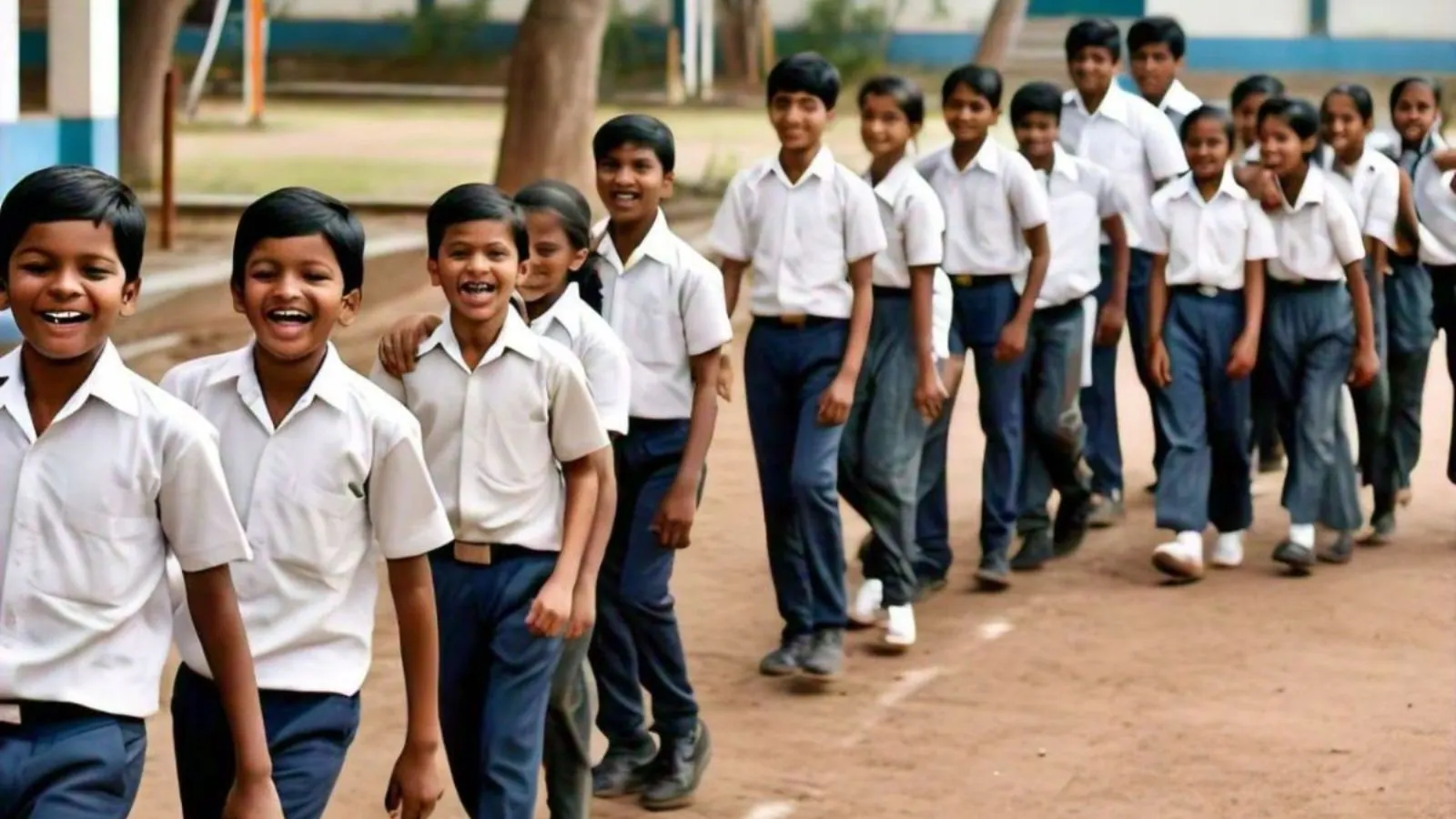By Amber O’connor
Copyright mirror
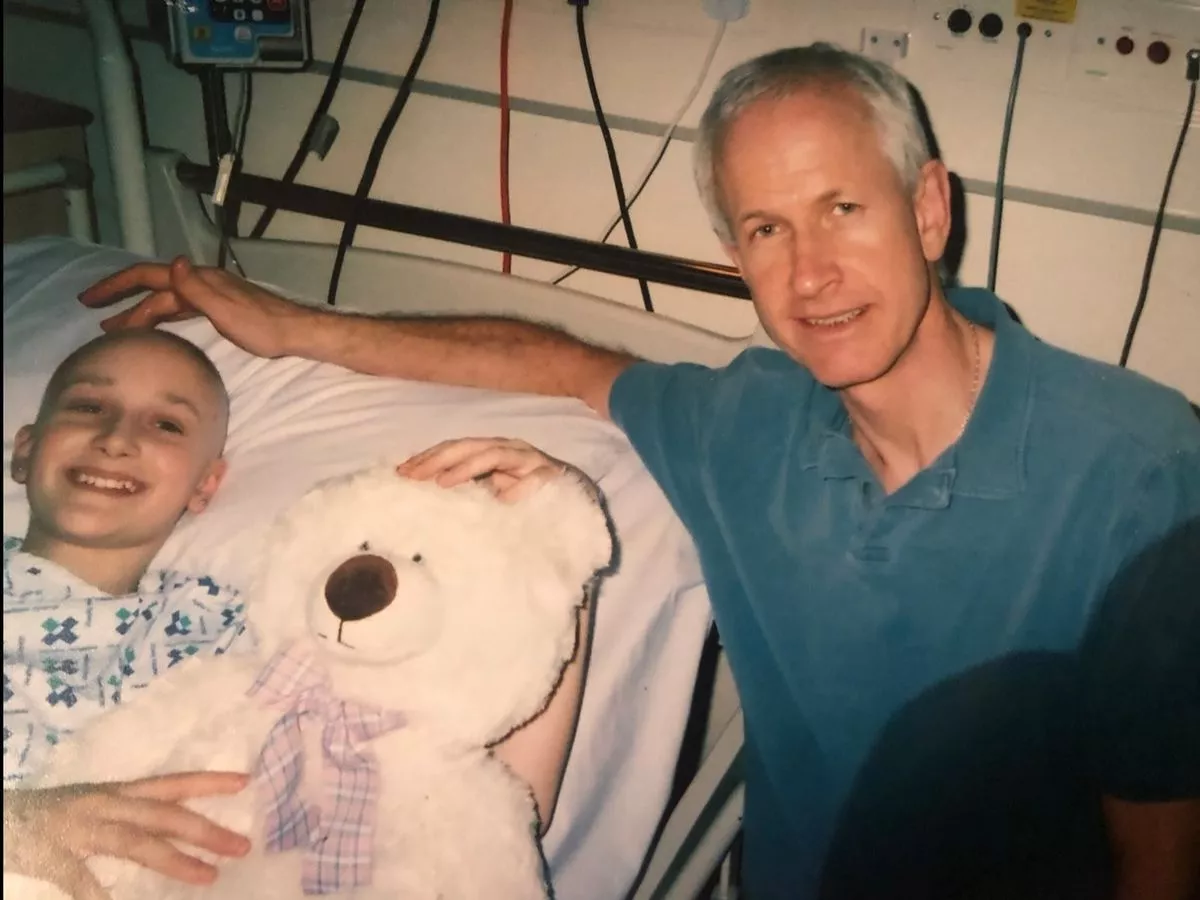
Paralympian Amy Conroy was only a teenager when she was diagnosed with cancer — the same disease that took her mum, uncle, and grandparents before they could watch her grow up. Now, aged 32, she wants to raise awareness of childhood cancer, the impact it has on young people, and the lesser-known effect on mental health. Amy’s symptoms started with pain in her leg, an ache that stopped her from playing the sports she loved, and left her struggling to walk to school. Amy told the Mirror: “I had just started high school, and I kept collapsing. Every time I tried to get back up, I just kept falling back down, and I remember crawling off in shame. It was the next day that my dad was like, something’s really wrong, and he took me to A&E.” Until that point, Amy’s concerns had been written off by doctors as growing pains or sports-related injuries. But her dad insisted on an X-ray, and it was then that they found the cancer that nearly killed the 13-year-old. Amy remembers receiving her diagnosis. “When my dad came in, I was trying to catch his eye for reassurance. I remember he looked like he’d been crying, and he wouldn’t look at me, wouldn’t catch my eye back, and very solemn atmosphere, and that was when the doctor had said that it was cancer, osteosarcoma,” she recalled. “So it started in the bone, but it had spread to my lung and a bit in my spine. It had spread quite a lot by that point, and I think at the time, they’d given a 50% chance of survival.” What followed was a year of hospital stays and gruelling chemotherapy, which sometimes saw Amy throwing up 75 times in one day, and the loss of her left leg, which was amputated above the knee. Amy suffered physically and mentally, though she didn’t fully recognise the effect on her mental health at the time. She said: “I think it did feel very isolating. At times, there was so much focus on the physical parts, because there were a lot of times things were going wrong, and quite scary setbacks, so maybe I didn’t put as much focus on the mental health side of things. Looking back, it was pretty tough. I didn’t really speak to anyone about how I was feeling. So that’s something I’d really recommend to anyone going through something similar now. “My friendships kind of all dropped off. At first, I had to ring a few of my closest friends, once a week, but they were 12-13 years old, as well, so they’d chat about how they’d been to the cinema, or how the sports teams were going. I think it just felt so unfamiliar for me, and that just felt like a world that didn’t exist for me anymore.” She added: “I think their parents tried to be quite protective of them. I remember being told off one time when I texted my friend that my leg was going to be amputated because they said I wasn’t being sensitive.” Amy’s family rallied around her. “My dad brought some light. We had these little bingo sessions he’d run [on the ward], which were quite tragic looking back, because there’d be kids being sick, and doctors coming in and out throughout. But I think sometimes [it’s about] finding joy where you can, but I think whenever we lost a kid on the ward, the severity of the situation would hit home.” Unlike some of her friends on the ward, Amy eventually received the all-clear. She was told she was cancer-free, and she could go home. Driving back from the hospital, Amy and her dad rolled down the car windows, blasting ‘Three Lions’ and singing ‘it’s coming home.’ The teenager felt relieved and grateful, but she also felt guilty. Amy said: “I remember just feeling absolutely exhausted. To one side, I had kind of new, renewed priorities and clarity for what was important and what really wasn’t, and gratitude for small things. And then on the other side, I remember having this just absolute fear and anxiety going to each scan in case it had come back. I’d heard that was quite common, and I kind of kept that anxiety to myself, which I wouldn’t recommend. “I just thought, you know, I’ve been the burden of our little family, like we had one parent, and I was hogging him from my sister. So I remember just feeling this absolute pressure to be happy and make the most of life, kind of with the guilt that I’d survived and other kids hadn’t.” She went on: “You are waiting so long for life to be normal, and then nothing felt normal. I was in this big old wheelchair. I was so excited to get back to classes, and I couldn’t get in any classrooms. My PE lessons were me by myself throwing a ball against the wall. Only disabled kid I knew, so self-conscious, couldn’t get into my own house because it wasn’t accessible, so just kind of the independence wasn’t there.” Finding wheelchair basketball at age 15 changed everything for Amy, including her self-confidence. She said: “I remember spending a lot of time once I was walking, trying to hide my leg, and being embarrassed. “It was finding wheelchair basketball and meeting other people with a disability who just didn’t let anything hold them back. And I just thought, oh, okay, actually, I was the one busy holding myself back. “After getting through all of that, I was the one then limiting myself and listening to misconceptions and stereotypes about disability. Actually, you can go out and do anything you want. For a long time, I thought life my word always felt a bit smaller. And then it was like, no, it will just be different. Different is not bad. You can still create any opportunities that you want. “I think a lot that started with basketball. As hopeless as I was when I first started, my dad kept taking me back, and now he’s been in the crowd at all the Paralympics, minus Tokyo.” Now, Amy is a four-time Paralympian, and she’s got her sights firmly set on the 2028 Games. Off to court, Amy is a model, businesswoman, and disability advocate. Together with her younger sister, Alice, a cancer nurse, she co-founded Squadgames, which offers corporate team-building events centred around wheelchair basketball. Amy often shares her story as part of her advocacy work, and this month, she’s been supporting Cancer Research UK for Childhood Cancer Awareness Month. She said: “There’s so much hope thanks to charities like Cancer Research UK, who are leading the way, with the dedication to save lives. They’re a brilliant charity, saving lives in so many ways.” Amy is supporting Cancer Research UK for Children & Young People this September for Childhood Cancer Awareness Month. Find out more about how the charity is driving progress for children and young people with cancer here .
